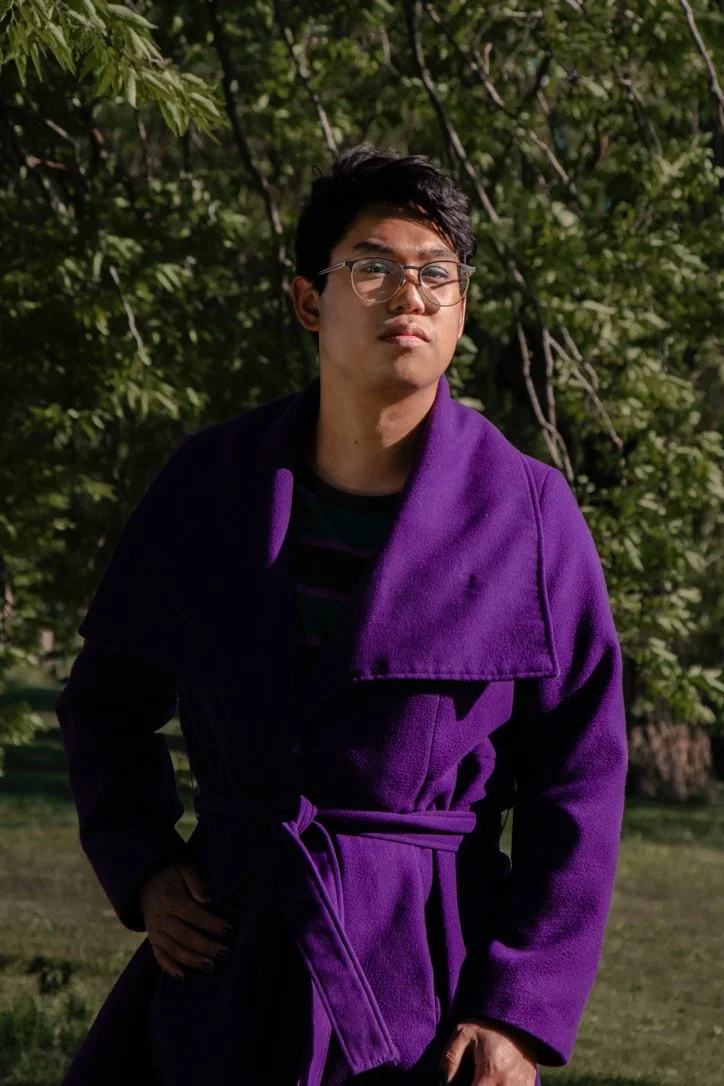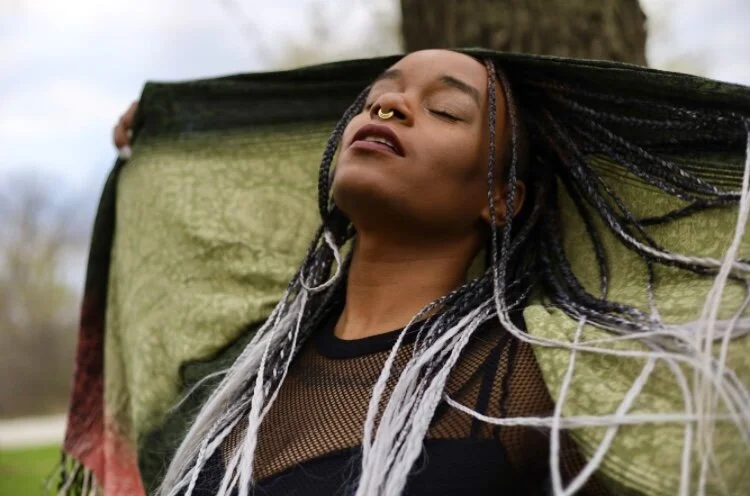Checking in on the OTV Fellows - Part 2
As we gear up for the 2022 cohort of the OTV Fellowship program, we wanted to check in on some of our brilliant favs from 2019-21.
Check back in for reports on each year and see what they’re up to now!
Apply to be an OTV Fellow here.
Marlo Viriña - 2021
ManicMan!
What project were you working on during your fellows program?
ManicMan!: In coping with bipolar disorder, a young comic-book enthusiast crafts the newest comic book superhero “Manic Man!” with the help of his small-town friends.
How has the fellowship impacted your career?
I've learned a lot about myself as a creator. In doing a piece so personal to my experience, I get the opportunity to explore and cope with my own mental illness through the lens of art.
What's one thing you've learned from OTV that's helped you in your career?
OTV has taught me to embrace my own identity through the work that I do and the stories that I tell. They have taught also taught me how valuable going at your own pace can be, especially in a field so creative. I took time to focus on my mental health in the middle of my fellowship, and they still supported me through it all.
Please list any significant career accomplishments or credits since your fellowship.
Since the fellowship, I have worked as a production coordinator on The Class, alongside executive producer Anthony Michael Hall. I have worked as a production assistant on a couple of the Chicago shows, namely Work in Progress and Chicago PD.
Aquarius - 2020
Second Sunday
What project were you working on during your fellows program?
Second Sunday - A South Side Chicago family leave their church home to protect their transgender son and find themselves being stalked in both the metaphysical and physical realms by the church's possessive pastor.
How has the fellowship impacted your career?
The fellowship gave me the confidence to fully pursue my film career and they provided loads of knowledge and support for me to do so.
What's one thing you've learned from OTV that's helped you in your career?
I learned that it's okay to take my time and do things to the best of my ability. This work doesn't happen overnight and that's okay. My ideas are sacred and with the right information, determination, routines and community, I will get where I want to be.
Please list any significant career accomplishments or credits since your fellowship.
While in the program, I switched gears and wrote my first feature length film, acquired a producer and completed my first narrative short, New Hire. Second Sunday was selected for Englewood Arts Collective's United Still grant and the script was chosen for Full Spectrum Features' Independent Producer's Lab.
Karan Sunil - 2019
The Light
What project were you working on during your fellows program?
"The Light" - A Sikh family, nineteen years after their father was killed in a hate-crime, must reconcile their differences when another member of their community is attacked.
How has the fellowship impacted your career?
The OTV fellowship taught me valuable skills in how to integrate an artistic community in the process of developing a project, especially one that embodies an underrepresented community. In process, I was able to fund and execute a journey of meeting with and researching alongside a specific community that I was writing about. I also built strong relationships with other artists that has provided me sustained support and encouragement to this day.
What's one thing you've learned from OTV that's helped you in your career?
I learned that there are many small ways to foster and build arteries for artistic communities. The idea that "more is more," that to make space for more people in communities only pushes and grows art as a whole. OTV taught me how to respect, extend, and collaborate with communities on an indie level that results in produced work that inspires and grows.
Please list any significant career accomplishments or credits since your fellowship.
Since my fellowship I signed with literary agents, sold a TV adaptation of my web series Code-Switched to Lionsgate and Hulu as well as a dark comedy project to Sony.



